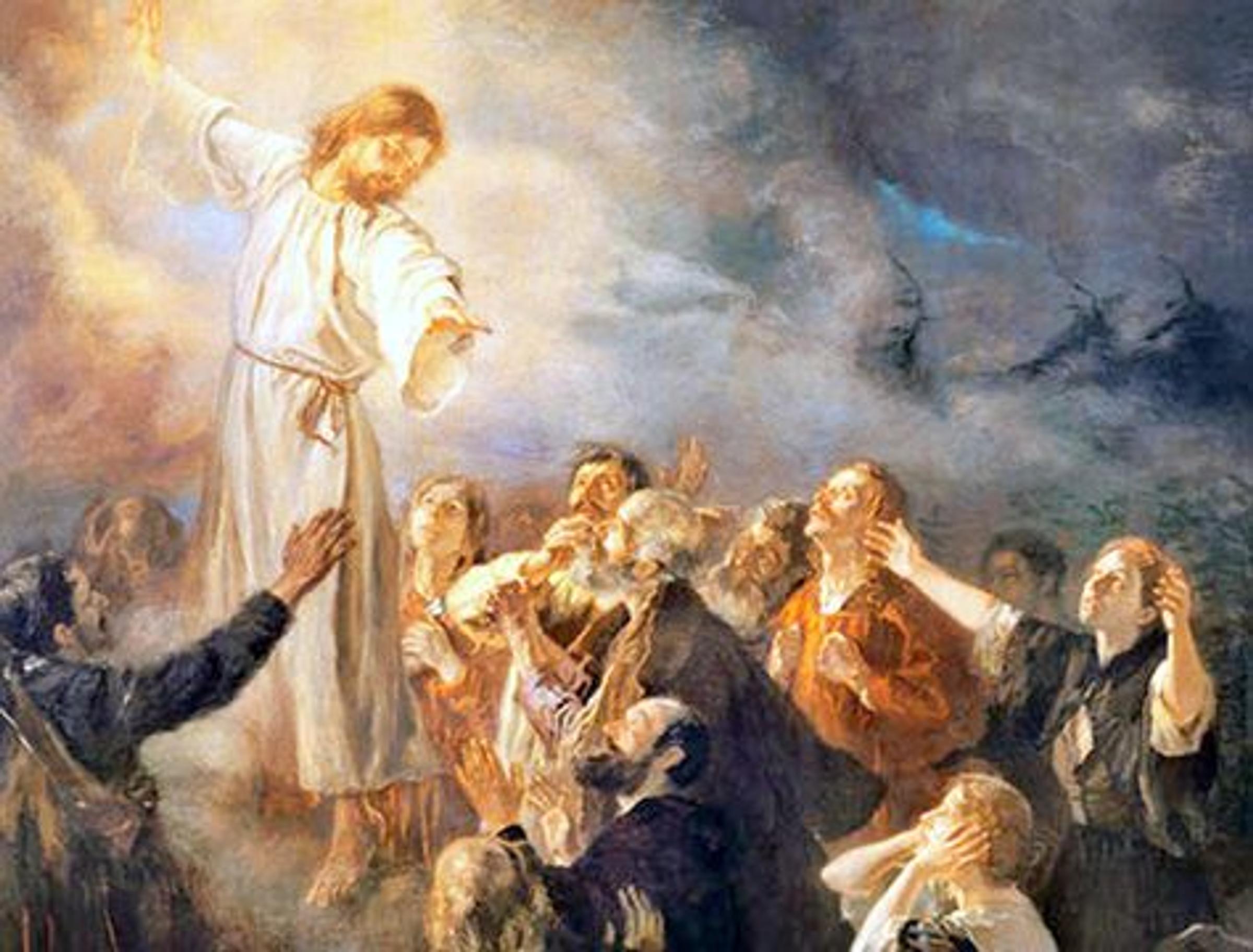Religious Education

Sacraments
Have been cancelled until further notice.
Mass
Due to the restrictions regarding COVID -19 all Mass and Liturgies for the near future will be cancelled.
We Pray the Rosary in May for Mary our Mother.
The steps to praying the Rosary are:
- Make the Sign of the Cross and say the “Apostles’ Creed”
- Say the “Our Father”
- Say three “Hail Marys” for Faith, Hope, and Charity
- Say the “Glory Be”
- Announce the First Mystery and then say the “Our Father”
- Say ten “Hail Marys” while meditating on the Mystery
- Say the “Glory Be” (Optional: Say the “O My Jesus” prayer requested by Mary at Fatima)
- Announce the Next Mystery; then say the “Our Father” and repeat these steps (6 through 8) as you continue through the remaining Mysteries.
- Say the closing prayers: the “Hail Holy Queen” and “Final Prayer”
- Make the “Sign of the Cross”
- Pope Saint John Paul II suggested the recitation of the Rosary as follows: the JOYFUL mysteries Monday and Saturday, the LUMINOUS on Thursday, the SORROWFUL on Tuesday and Friday, and the GLORIOUS on Wednesday and Sunday (with this exception; Sundays of Advent and Christmas – the JOYFUL; Sundays of Lent – the SORROWFUL).
Feast of the Ascension
Why is Ascension Day so Important?
Christ’s ascension is absolutely crucial to know who Christ is and what he did. It is also absolutely important for the daily life of every believer. When Christ ascended into heaven, it wasn’t just because he had finished things up, and needed to get back to heaven to rest and unwind. There is more to it than the fact of Christ’s departing. Instead, the ascension is of vital importance for the whole of the Christian faith.
Here’s why.
1. We know Christ’s earthly work was successful
Christ’s birth marked a new epoch in world history. So did his death. So did his resurrection. Like these epochal events, Christ’s ascension also marks a massive shift in the course of the world’s events. No longer was Christ personally present. Now, he was ascending back to his father. He had predicted that this time would come. Now, it was here. By the act of his ascension, he was providing us with a valuable lesson — everything he came to do was complete. There were no lingering tasks to complete, no final documents that needed to be filed, no last words to be recorded, no more people he had to heal. It was all done. And he could return. This simple fact that the ascension happened is an assurance that his earthly work was, in fact, an entire, complete success.
2. We celebrate the Lord’s Supper or Eucharist in anticipation of his return
Every Christian church celebrates the Lord’s Supper, also known as the Eucharist. In this event, we are reminded ourselves of Christ’s death and resurrection. Scripture tells us “as often as you eat this bread and drink the cup, you proclaim the Lord’s death until he comes.” This celebration is part of our ongoing proclamation of Christ’s ascension, in that we observe it continually until Christ returns. By testifying to Christ’s death and resurrection, we are also testifying to the importance of his ascension.
3. We are indwelt by the Holy Spirit
Shortly after he ascended, an enormous spiritual change took place. The huddled group of depressed and timid disciples burst forth in an explosion of miraculous healing, intrepid proclamation, and inspired activity. What brought about this change? The Holy Spirit. As Christ promised, he sent them the Holy Spirit — God’s very presence within believers. The coming of the Holy Spirit, which we celebrate at Pentecost, was contingent upon Christ’s ascension. Far from being a side effect of the ascension, the Holy Spirit’s arrival on the scene depended on Christ’s ascended return. Now, with the Spirit’s presence in our lives, we are given the task of going and making disciples in this power.
4. We experience Christ’s role as High Priest
If there were no ascension, there would be no “Christ interceding for us” (Romans 8:34) “…who is at the right hand of God, who indeed is interceding for us.” When Paul wrote, he listed in order Christ’s death, resurrection, and ascension, remarking on the blessing of his intercession on our behalf. What a blessing to know that we have Christ himself interceding on our behalf before God.
5. We yearn for Christ’s coming
When Christ ascended, he promised that he would return someday. The period in which we live is a time of looking forward to his return. The first recorded words after Christ ascended came from the angels who came to celebrate the event — “Jesus, who was taken up from you into heaven, will come in the same way as you saw him go into heaven.” This is a comforting promise that goes with us every day of our lives and inspires our evangelistic action.
6. We look forward to the place he is preparing for us (John 14:2)
I have often wished that Christ could be here on earth right now. Jesus anticipated this desire. That’s why we have the Holy Spirit. And perhaps that’s also why Jesus left his disciples with these remarks, “If I go and prepare a place for you, I will come again and will take you to myself, that where I am you may be also” (John 14:2) Christ returned to heaven to prepare us a place. Obviously, we don’t know what kind of preparations he is making, but we are assured that we have a lot to look forward to.
Fewer and fewer churches are observing the ancient feast days — commemorating such events as Pentecost or Ascension Day. But there is great value in realizing the majestic impact of such events, and how they shape our very lives and define our faith.
